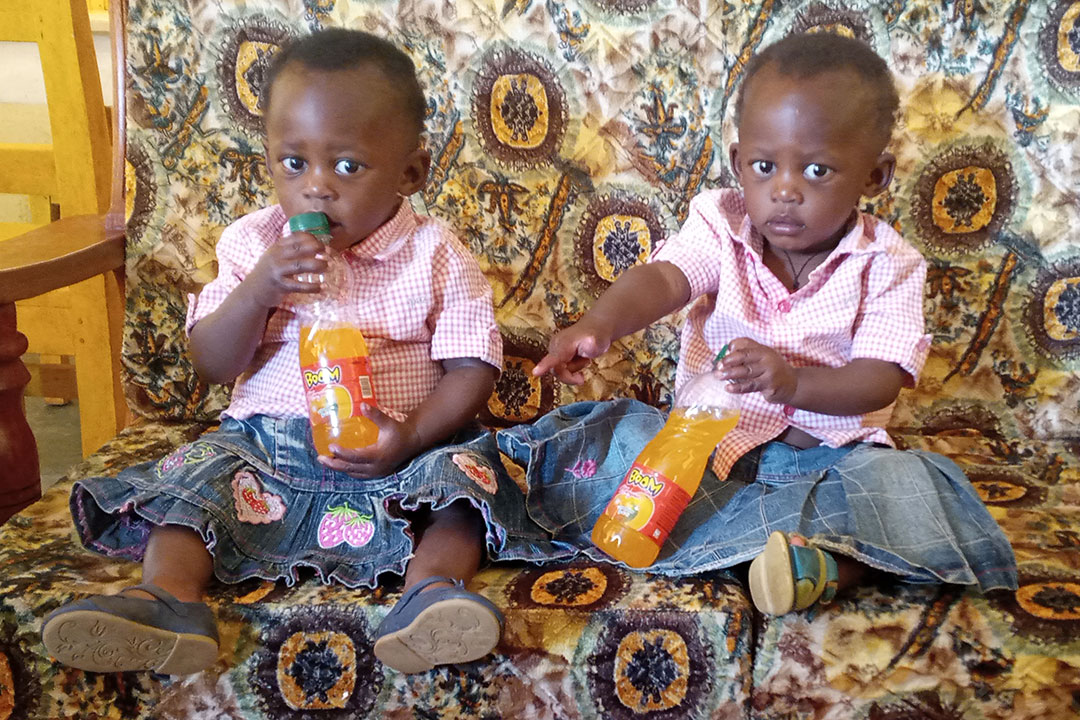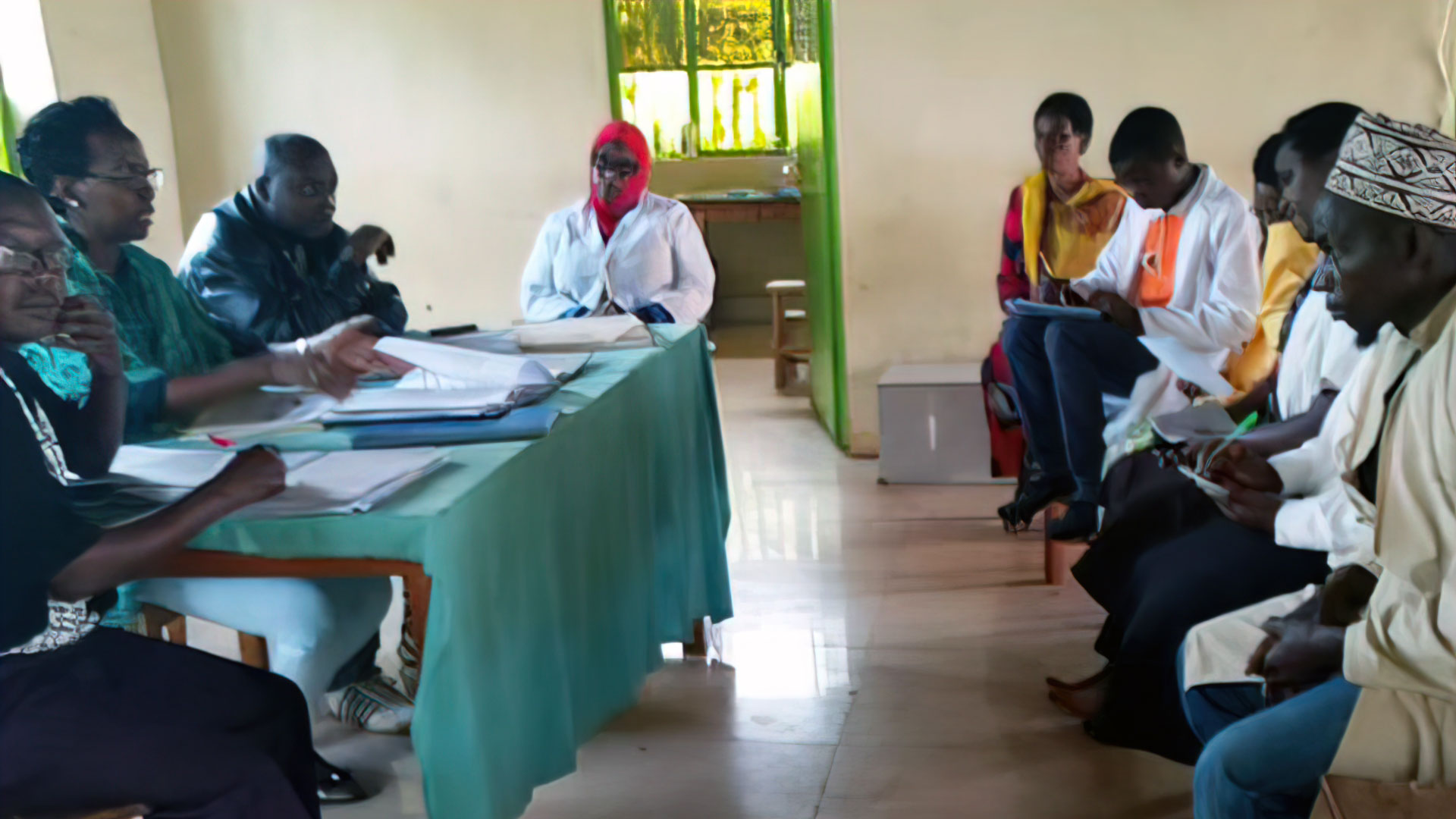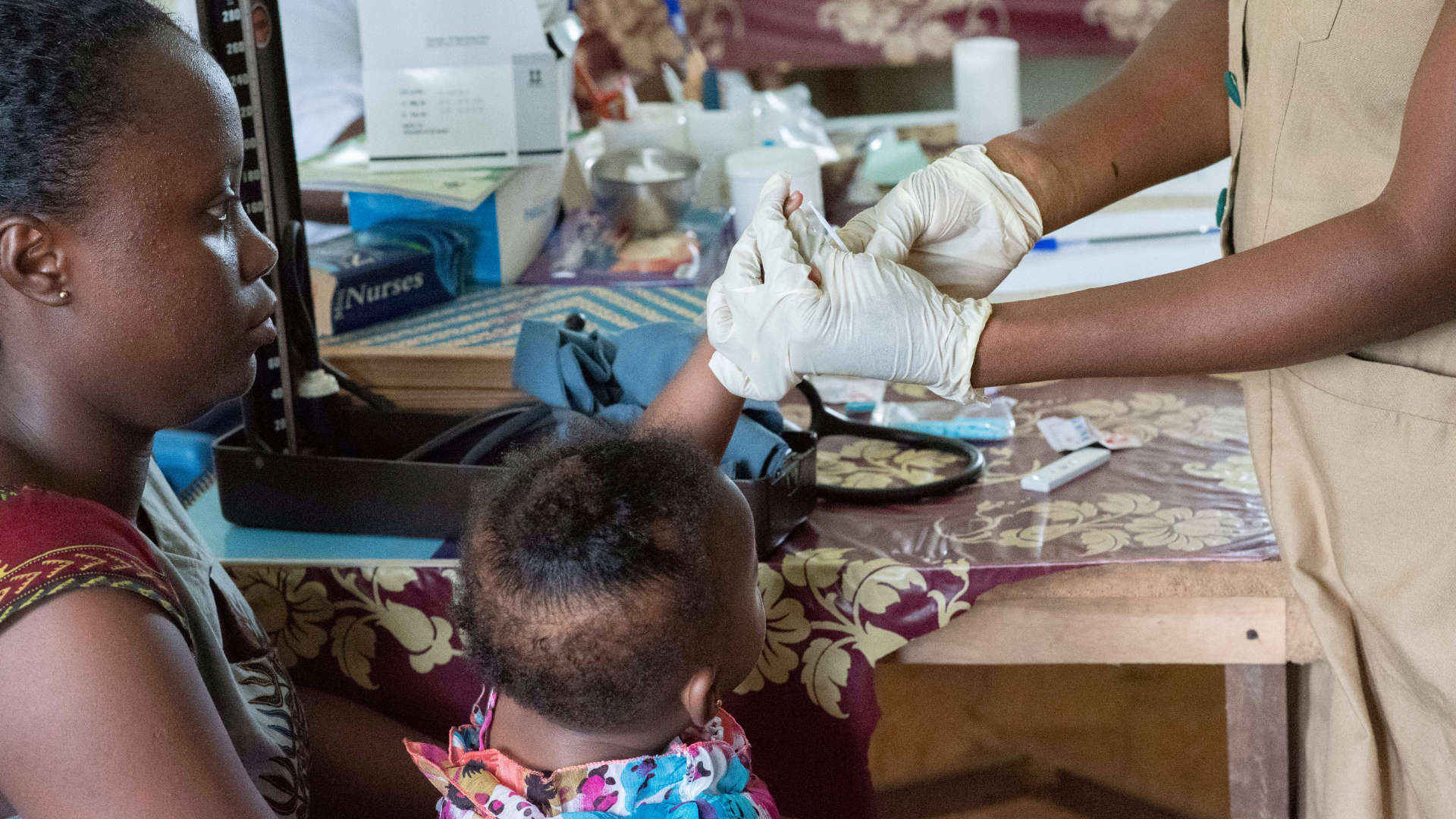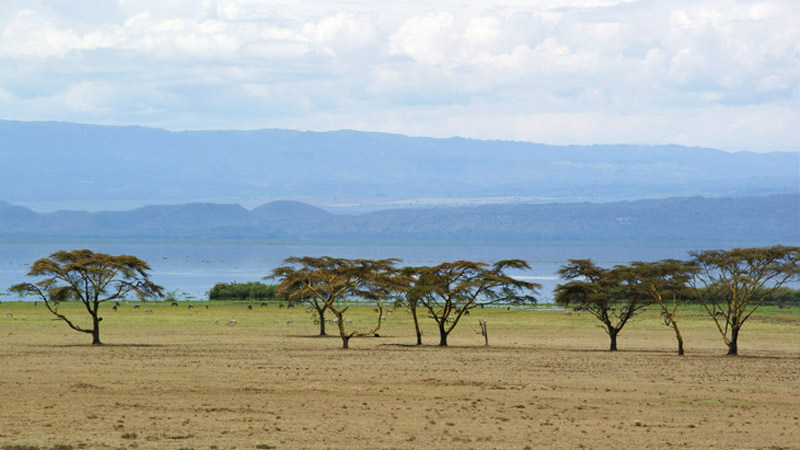“When I think about HIV, I remember a verse from the Bible: ‘Some people perish due to lack of knowledge.’ That’s what’s happening here. They do not know their HIV status. And even when they do, ignorance is still causing their deaths, because they are afraid to accept treatment in case others find out and persecute them,” explained Nimbona Antoine, HIV Service Manage at Nyabiriaba Health Center in Ryansoro Health District, Burundi.
After 40 years, HIV continues to be a major global epidemic. The HIV death rate has decreased worldwide since 2004, but far too many lives are still being lost, leaving orphans, many infected with HIV. According to the World Health Organization, 95% of HIV orphans live in Africa.
Mortality in children under 5 years is much higher in children born to HIV-positive mothers. Orphans who survive often live in difficult conditions, face discrimination and poverty, and many do not attend school. The 2020 WHO Annual Report estimates that 59% of new HIV infections in Sub-Saharan Africa were women, with 24% of those infected being 18-25 years old, an age range representing only 10% of women in the region.
Since 2018, the USAID Reaching an AIDS-Free Generation (RAFG) Activity has supported an HIV community testing approach utilizing community health workers (CHWs) to target vulnerable women and orphans. Led by FHI360 with URC as a subcontractor, RAFG is supporting Burundi to achieve HIV prevention, testing, treatment, and viral load suppression targets in one of the world’s most impoverished settings.
Community Health Workers Connect Community Members to Health Services
In focus communities, each health facility utilizes CHWs who assist health providers conduct their work. The CHWs identify people at high risk of infection, encourage use of self-tests (cost covered by the President’s Emergency Plan for AIDS Relief – PEPFAR and the Global Fund), educate community members on the importance of adherence to antiretroviral (ARV) drug treatment, carry out active case finding, identify patients lost to follow-up, and inform health providers about cases in need of special medical attention. The CHWs are in continuous communication with health providers who make home visits for emergency and/or difficult cases as needed.
Prompt Intervention for Twins Born to HIV-positive Mother
On March 25, 2020, during a coaching visit with a Nyabiraba CHWs, a CHWs spoke of a woman with HIV who gave birth to twins a month before. The woman had refused to have regular serological blood tests to track her HIV status and had stopped ARV treatment.
A RAFG team decided to visit the woman and advise her to follow up with treatment and support the newborns by having them tested and given prophylactic treatment. Upon arrival, they encountered a crowd of women in mourning. The mother had died. Her husband was still at the cemetery. The two newborns were lying on the ground under banana trees, poorly clothed, and weakened by hunger.
The RAFG team immediately took the twins to an orphan center in Nyabiraba, some 10 kilometers away, to be given nutritional support. Suffering from wasting, each child weighed 1.6 kg on their 40th day of life. Early infant HIV diagnostic tests were conducted and fortunately showed negative results for both infants.
Hope for the Future
The two children are now safe and growing well. Their father visits them regularly and when they turn seven years old, they will return to live with him and be registered to attend school. Their father is thankful for the timely intervention.
RAFG staff encourage all Burundians to be open to HIV testing, and if found to be positive, to adhere to ARV treatment which can save their lives and the lives of their children. Community-based approaches are critical to achieving epidemic control. Just as importantly, CHWs play life-saving roles in identifying and bringing into care vulnerable families and individuals for HIV treatment and care. In this case, they saved two young lives.



